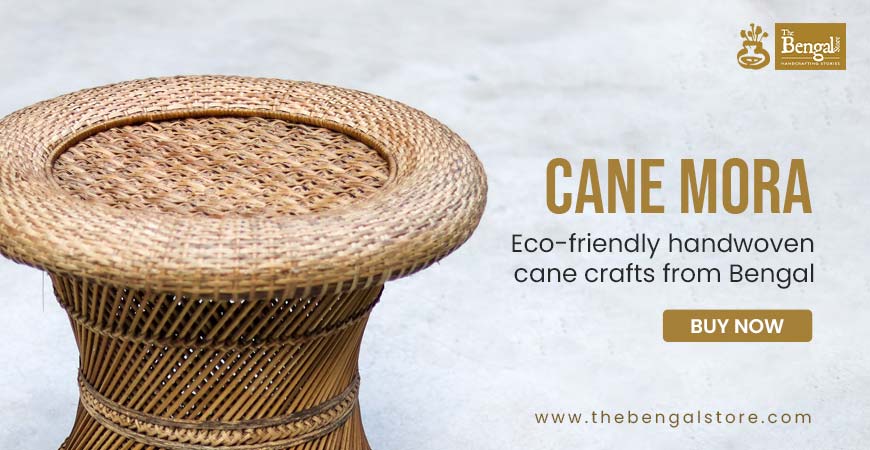Haji Khuda Bukhsh Nabi Bukhsh: Kolkata’s oldest attar shop – GetBengal story
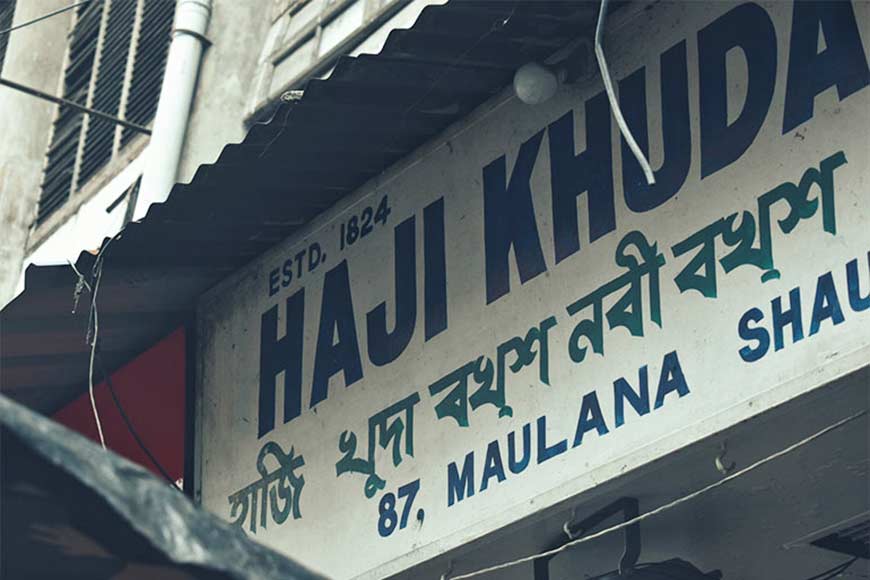
We share a deep emotional connection with the city of Kolkata, nestled on the eastern bank of the Hooghly River. The historical significance of this cultural epicentre of Bengal and the Bengali people is immeasurable. While today’s generation associates the city with the Howrah Bridge, Prinsep Ghat-Maidan, The 42, or the iconic yellow taxis, the old Kolkata was a very different place. That was the era of British rule, when the East India Company held sway over the land. The journey from leasing just three small villages to becoming the capital of the Indian subcontinent is nothing less than thrilling.
Today is not the age of kings and ministers. India has achieved independence. Yet, in this city, there are still certain lanes where time seems to stand still. Days long past have faded away, and calendars have lost their meaning. At 87 Colootola Street in central Kolkata, such a fragrant shop, known far and wide as Haji Khuda Bukhsh Nabi Bukhsh, exists and is still thriving in its business even after two hundred years.
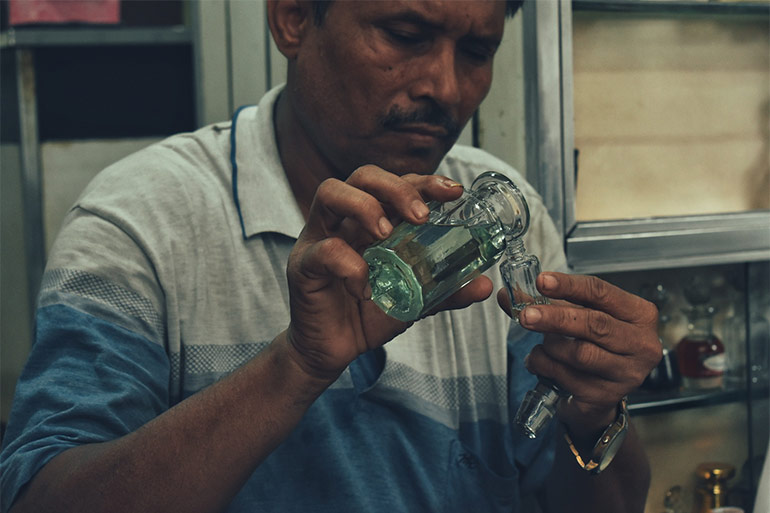
The area near the Nakhoda Mosque is always abuzz with activity, and there are footpath-lined shops filled with countless goods. From morning, the crowd starts pouring in. A mix of people, both young and old, men and women, Hindus and Muslims, all come to sell various items. Yet, above all, what truly catches your attention is the attar, a mysterious and luxurious fragrance. Just a drop or two on the skin and it instantly uplifts the mood. But before diving into that world, you must know the history.
It was the 19th century — a period of upheaval in the Indian subcontinent. Taking advantage of the decline of local powers, the East India Company was rapidly expanding its control. Bengal became the British stronghold. Following the Battles of Plassey (1757) and Buxar (1764), the Company secured the diwani (revenue rights) of Bengal. This gradually turned Kolkata into the heart of British administration. In 1772, Governor Warren Hastings officially declared Kolkata as the administrative capital, further enhancing its importance.
Many people migrated for livelihood during those times, and this newly minted capital became their destination. The year was 1824. Lucknow was in turmoil. From the perfumery workshops of Kannauj, a father-son duo, Haji Khuda Bukhsh and his son Nabi Bukhsh — travelled to Kolkata with a few bottles of fragrance. They began their business from a tiny shop in today’s Colootola. At the time, there were not many attar shops in the Chitpur area. Hence, their business grew quickly.
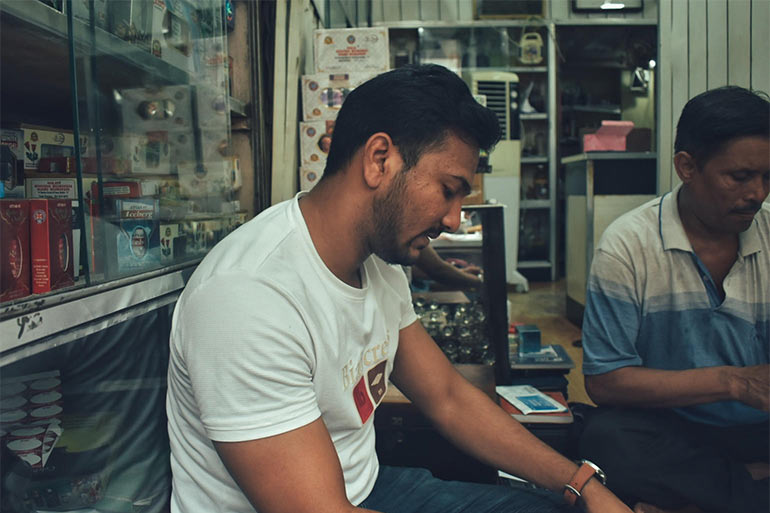
Back then, the main buyers of attar were Kolkata’s elite class babus. With styled hair, curled nagras, and wearing kurtas of addi fabric (a type of 100% cotton fabric), these dandies would glide around in horse-drawn carriages, be it to the ghats of the Ganges, to theatres, or courtesan houses during soirées. They never compromised on style. In the Sandesh magazine (Ashwin, 1329 Bengali year), Sukumar Ray composed a delightful poem reflecting this way of life:
Ati khasha mihi shuti / fin fine jama dhuti, / chorone lopeta juti joridar. / E hate sonar ghori, / o hate bankan chhori, / atorer chhorachhori charidhar. / Chokchoke chul chhata / tay tofa terikata— / sonar choshma aṅṭa nasikay.
Babus wore specific attars suited to the seasons — even times of day had different scents. Florals like jasmine, rose, tuberose, and bel were popular in summer, while in winter, heavier notes like shamama, musk, and oudh took over.
Also read : Kolkata has the oldest Dhobi Khana of India
When GetBengal visited Haji Khuda Bukhsh Nabi Bukhsh, we learned that the iconic shop is now in the capable hands of its seventh-generation custodians — Niyazuddin Allabakhsh and his brother Shafiquddin Allabakhsh. The next generation is also ready. The shop itself is fairly large and well-organized. Rows upon rows of attars are neatly arranged — small, medium, large; mild, strong; inexpensive, luxurious — something for every preference. They also sell surma (kohl), hair oils, rosewater, kewra water, and even attars used in biryani preparation. The employees shared many fascinating anecdotes from the past.
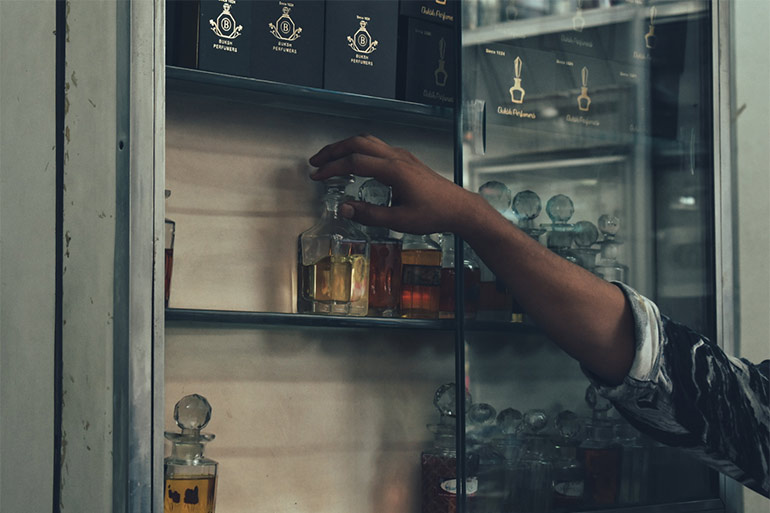
The word ‘attar' comes from the Persian ‘itar’ (also spelled ‘ittar’), meaning ‘fragrance’. While perfumes are typically alcohol-based, attars are oil-based. Traditionally, they are made through steam distillation, although some modern producers use chemicals. But according to Mushaid-ud-Din Allabakhsh (eighth generation), “Everything we use is natural. We have factories in both Lucknow and Kolkata, where all our products are made.” The price of attars depends on their preparation and ingredients—starting at ₹300 per vori (10 grams) and going up to ₹400, ₹500, ₹1000, and ₹1500—the more you pay, the more refined the oil. The shop caters to both packaged and loose oil buyers.
Back in the day, alongside the babus, bonedi (aristocratic) households regularly ordered attars. The rush would be overwhelming before festivals. It is said that even from Jorasanko’s Tagore family, orders would come in. Reportedly, Rabindranath Tagore himself used their attar — his favourites being mild rose and jasmine. The clientele also included the likes of Subhas Chandra Bose, Maulana Abul Kalam Azad, Huseyn Shaheed Suhrawardy (Prime Minister of undivided Bengal), Liaquat Ali Khan (Pakistan’s first Prime Minister), and Governor Nurul Hasan — among many others. Such a joyous blend of Hindu-Muslim patronage is rarely seen today.
However, that era is gone. Times have changed. Amid globalization, everything is evolving. So, how is business now? Do young people still buy attar? Mushaid’s response is surprisingly positive. Though perfume and attar attract different types of customers, those who wear attar regularly can tell the difference. “Attar is raw, oil-based,” he explains. “Because it contains oil, it is a bit heavy and lasts longer on the skin. Oudh is our bestseller. Many people come here for White Oudh. You will also find ruh khus, the scent of petrichor — everything is available here.”
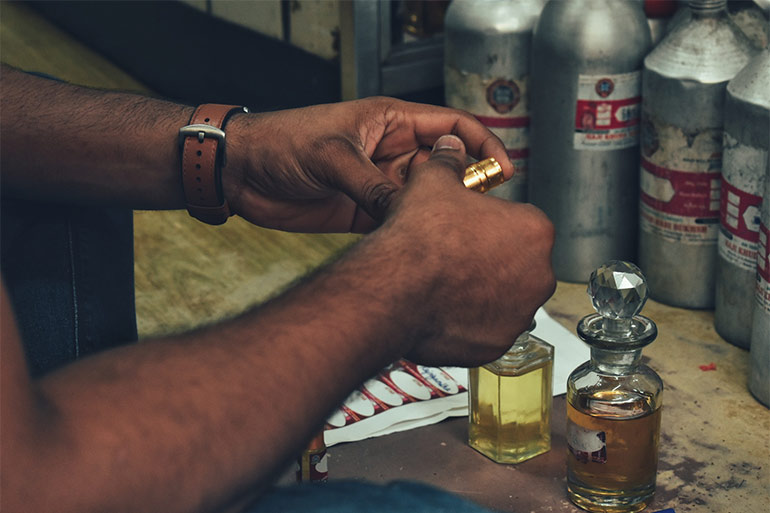
These days, alongside traditional fragrances, they are experimenting with new ones to cater to the younger generation. They’ve also gone online — active on YouTube, Facebook, Instagram — Haji Khuda Bukhsh Nabi Bukhsh is now everywhere. Orders can be placed via WhatsApp or their website. With just a small courier charge, your favourite scent can reach your doorstep with a single click. They deliver across India and even ship internationally to Bangladesh and the Middle East.
In this way, defying the march of time, generation after generation, this house of fragrance continues to enchant Bengal. Who says time machines don’t exist? For those who think they are a myth, perhaps a dab of attar on their skin will change their minds.
Note : Translated by Debamita Ghosh Sarkar
To read the original Bengali article, please click Here







